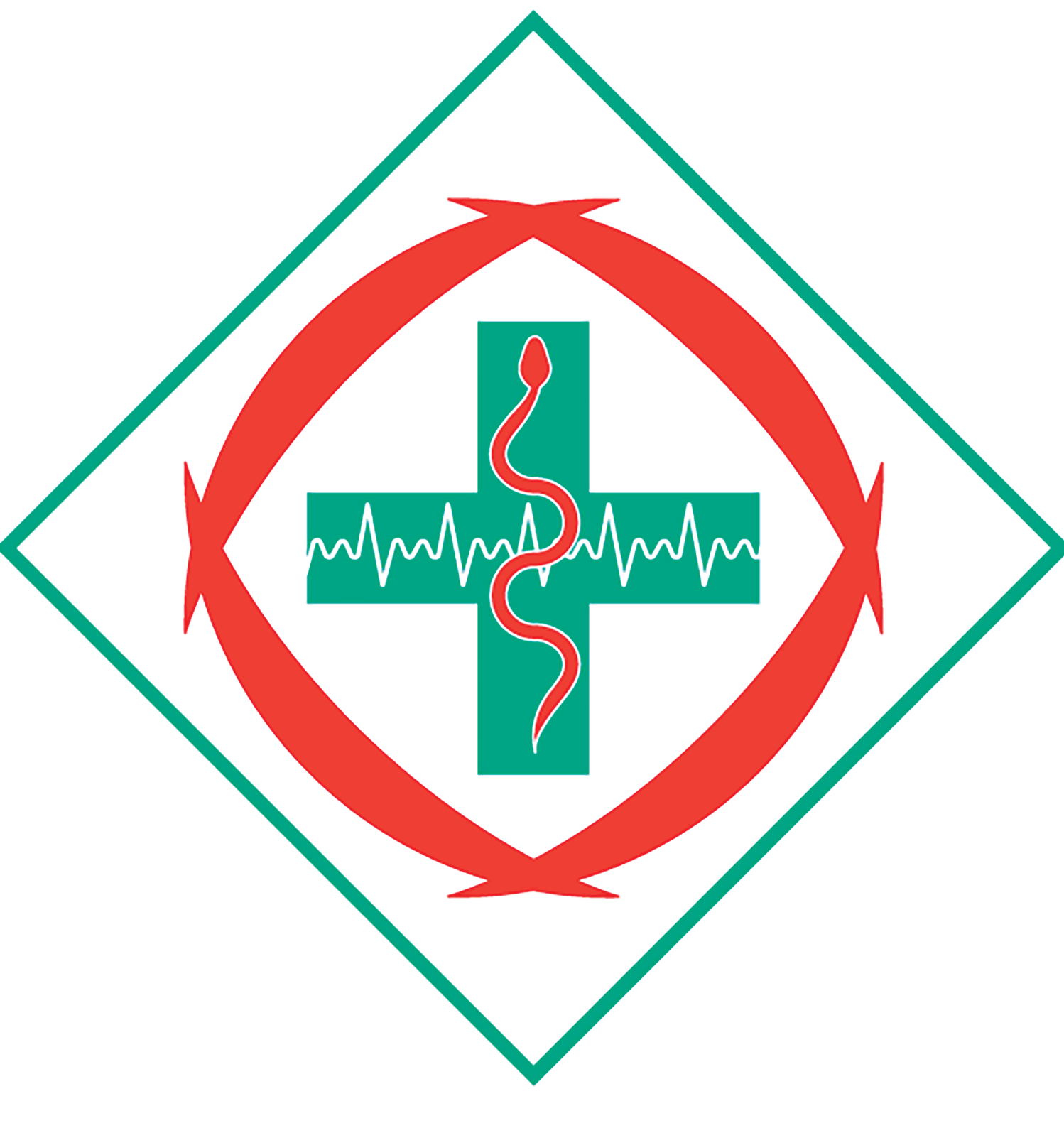DESPITE the responsibilities that GPs shoulder and the extent of expectations from them by all, their image is in dire need of improvement.
Not a day passes that a long- suffering patient comes to me reciting what the aroma therapist said about this and that affliction, and what the osteopath said about such and such — having paid them an arm and a leg in the process.
This is the case despite the fact that more than 80% of GPs’ services are bulk-billed, and they are more easily accessible than many of those ‘clinicians’, as some call them.
This issue appears to be a bit more than just ignorance or health illiteracy on the part of the general public.
If the consequence of this situation was merely the patients losing some hard-earned cash and some of their time, it could perhaps be palatable, particularly in a society that is in constant search of newer ways of exercising freedom of choice. However, to the extent that it takes so much of the GP’s time to undo the misconceptions
planted in the average Jo Blog’s mind by these ‘clinicians’, in my view, it is unforgivable.
One plausible explanation may be that GPs as a craft group either do not have the prerequisite clout or the necessary reputation to be thought of as a good source of preliminary enquiry about any or all health matters; or that the public is not adequately aware of their role and skills.
Either possibility is regrettable, given that it is so easily rectifiable. A start may be an ongoing education campaign, ‘introducing’ the GPs to the masses.
GP-run public health campaigns meet and greets, and work from Medicare Locals would not cost the earth.
Emphasis could be on what they can do with regard to anybody’s health and wellbeing, and the impact could be great.
The organisations that should have a role here — and which are supposed to have ethical and professional responsibilities to GPs anyway — are the RACGP and the AMA.
It is a shame that given their huge capacity and resources, these organisations are rarely to be seen when educating the public about the GP role.
While the AMA could be excused, partially, given that it represents many specialties, only one of which is general practice, inaction on the part of the RACGP seems inexcusable.
There are 26,000 GP and registrar members of the RACGP, many of whom are paying more than $1000 in membership fees and many thousands who must now pay $675 for their CPD points to be counted for them.
Surely the RACGP can use some of this money to improve the GP’s standing. From my perspective (as a typical GP, I hope), I can only see the addition of many more clauses to accreditation standards every single year, and not much else done by the RACGP.
Helping GPs get due recognition in society may actually have a flow-on effect to the health of the entire nation, and not only on GPs’ wellbeing and their work loads.
Perhaps it could be time for the college to look to its own image as well.



